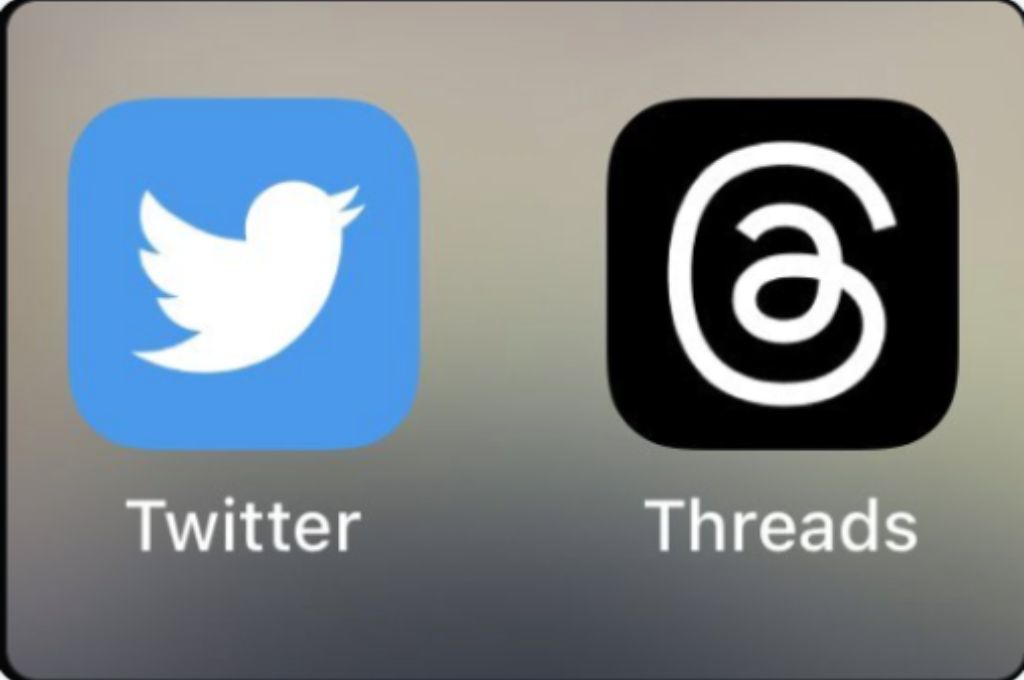As a media expert at Marketing In Asia, I’ve been closely observing the recent launch of Meta’s new social network, Threads, and the ensuing discussions about its potential to dethrone Twitter. The conversation has been intense, with many speculating that Threads could be a “Twitter killer.” But is it really?
The consensus until recently was that text-based content was on its way out, replaced by short videos catering to dwindling attention spans. However, Twitter’s resilience in this changing landscape is noteworthy. It has managed to retain a significant user base, including journalists, heads of state, and business tycoons, who use it as their primary platform for communication. This fact hasn’t escaped Instagram’s notice, leading to the launch of Threads.
The advantage for Threads is that it doesn’t suffer from the “cold start” problem. It already has a base network from Instagram, which has facilitated rapid growth. However, the transition hasn’t been entirely smooth. The content creators who thrived on Instagram with videos and images are now struggling to produce engaging text-based content on Threads.
From a business perspective, the question arises whether Twitter’s active users will migrate to Threads. As an experienced digital marketing professional, I believe that while businesses will set up shop on Threads for the increased engagement, they will also continue to use Twitter due to the network history they’ve built there over the years.
The competition between Threads and Twitter isn’t just about user engagement; it’s also about ad revenues. With brands diversifying their advertising across multiple platforms, Zuckerberg is keen to corner the market by offering a similar platform to Twitter.
However, Twitter still has its strengths. Content creators on Twitter understand the platform well and know how to create engaging content. This is where Threads, despite its large user base, falls short. The content being created by popular Instagram users on Threads is often pedestrian, leading to a less engaging user experience.
The launch of Threads also has implications for Meta’s AI initiatives, as it will provide a wealth of text data. This move has raised concerns about privacy and data scraping, adding another layer to the ongoing debate.
Ultimately, we all see that Threads has made a strong start, it still has a long way to go before it can truly challenge Twitter’s dominance. The battle for social media supremacy is far from over, and it will be fascinating to see how it unfolds.















